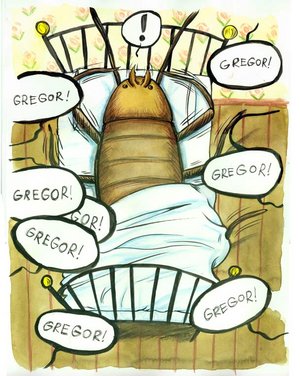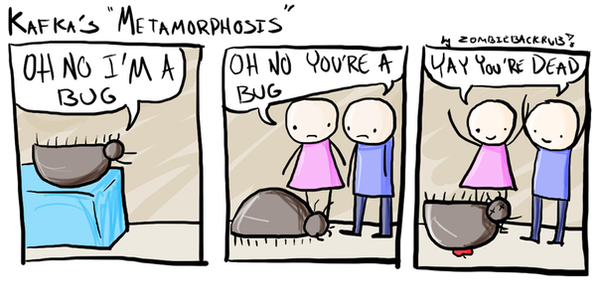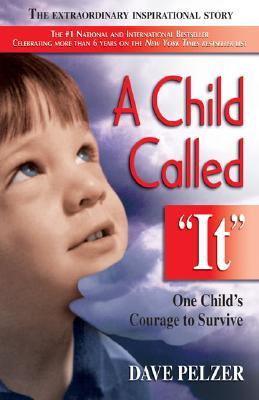Reading “The Metamorphosis” by Franz Kafka has been, to say in the least, a thought provoking experience. Immediately reading the first paragraph boggled my mind and twisted my thoughts. I couldn’t fathom how a man, after waking up from a restless sleep, could turn into a bug, nor could I understand how blunt Franz Kafka stated this event.
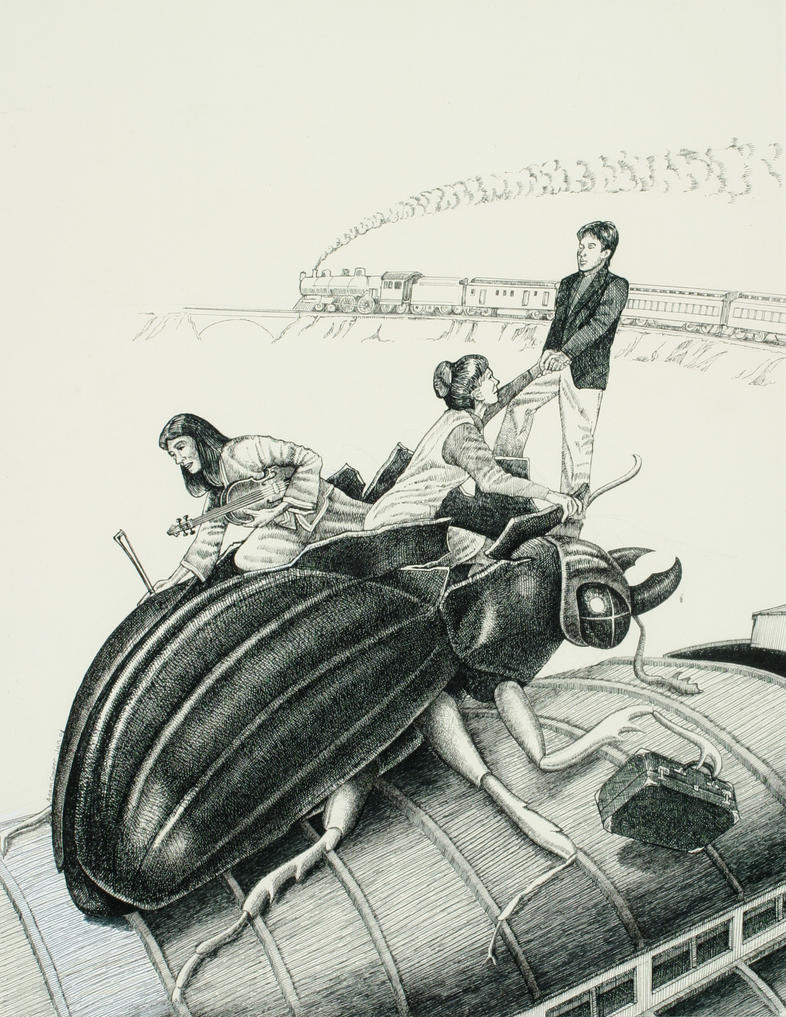
One morning, when Gregor Samsa woke from troubled dreams, he found himself transformed in his bed into a horrible vermin. He lay on his armour-like back, and if he lifted his head a little he could see his brown belly, slightly domed and divided by arches into stiff sections. The bedding was hardly able to cover it and seemed ready to slide off any moment. His many legs, pitifully thin compared with the size of the rest of him, waved about helplessly as he looked.”
This disgusting visual imagery made me sick to my stomach. This is similar to how I felt after seeing this depiction of Gregor and his room.

I envisioned his beady eyes and wriggling legs, the dirty living conditions he was exposed to, and the rotting food he consumed.

One question I had the whole time while reading this novel was “Will Gregor ever stop being so monotonous?” I find Gregor to be a very boring individual, as he is very work orientated. That’s not always a bad thing, but even when he discovered he was a cockroach, his main priority was how he was going to get up and go to work. This kind of zombie-thinking annoys me, and makes me dislike Gregror as a character.
The relationship between Gregor and his family intrigues me greatly. Gregor is portrayed to be the dutiable son, the money-maker who works to support his family. His family seems to be grateful for his contribution, but when Gregor turns into a bug, they deem him useless. His parents are horrified, but Grete instates herself as Gregor’s caretaker. This is a kind act, but essentially, the rest of Gregor’s family abandon him.
The relief they feel after Gregor’s death horrified me, and I was genuinely disheartened. Although he is their only son, the other family members viewed Gregor (as the cockroach) as a burden. After his death, I can imagine the sense of freedom they all felt, though it is a bit gruesome.






 Another significant metamorphosis that can be seen, is with Grete’s transformation. In the beginning of the book, Grete is just a girl, helping her mother with chores, and with no serious obligations. But once Gregor is gone that all changes. Grete becomes the “man of the house” and becomes responsible for her family. We witness the completion of Grete’s transformation in the last paragraph of the book, when her parents both agree that it is time for her to find a husband, showing that she has finally left her childhood, and with it Gregor, and has now entered adulthood.
Another significant metamorphosis that can be seen, is with Grete’s transformation. In the beginning of the book, Grete is just a girl, helping her mother with chores, and with no serious obligations. But once Gregor is gone that all changes. Grete becomes the “man of the house” and becomes responsible for her family. We witness the completion of Grete’s transformation in the last paragraph of the book, when her parents both agree that it is time for her to find a husband, showing that she has finally left her childhood, and with it Gregor, and has now entered adulthood.


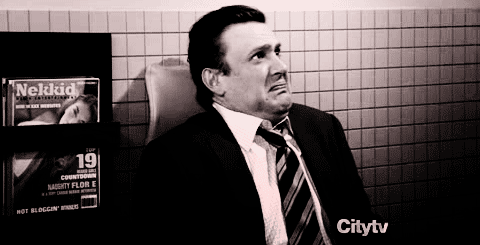

.jpg)





